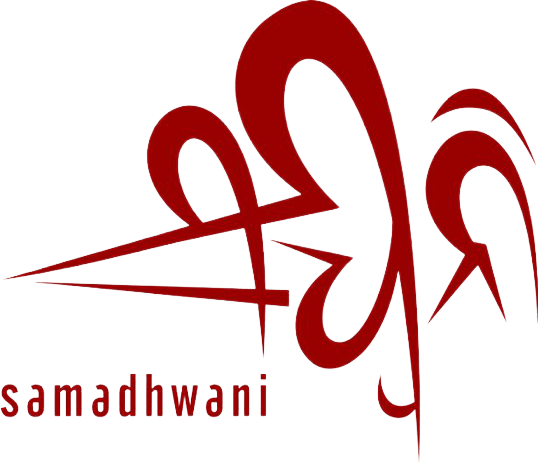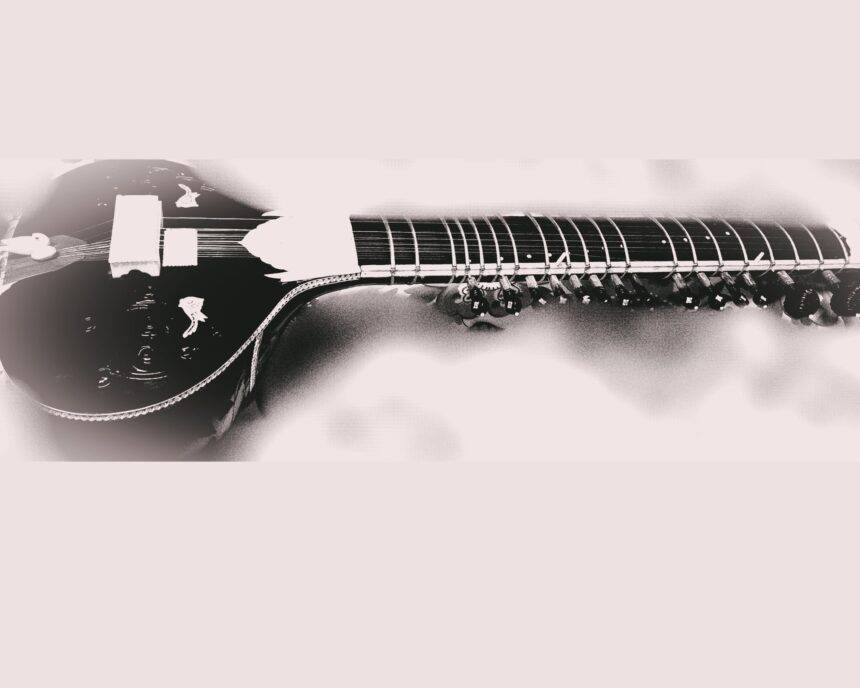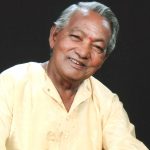In the rich tradition of Sitar music, there exist unsung heroes whose contributions resonate through generations despite the shadows that often obscure their names. Among these stalwarts, the luminary figure of Guru Pandit Dhruva Tara Joshi stands tall; his influence is etched deeply into the traditions of Sitar music. Pandit Dhruva Tara Joshi, a master of his craft, has woven a melodic legacy that transcends time and remains vividly visible in the intricate patterns of musical traditions. While his name might not echo as loudly as some other maestros, his impact on the realm of Indian Classical music, especially Sitar music, is undeniable. As a Guru, Pandit Dhruva Tara Joshi has played a pivotal role in shaping the artistic journeys of many disciples, imparting not just technical prowess but also a profound understanding of the emotive and spiritual dimensions of Sitar music. His teachings, like ripples in a pond, have spread far and wide, touching the hearts and minds of those fortunate enough to be under his guidance. Joshi’s artistry extends beyond mere notes and compositions; it is a living testament to the soulful connection between the musician and the Sitar. His performances, though perhaps not always in the spotlight, carry a resonance that lingers, leaving an indelible mark on the musical landscape. In the vast mosaic of Sitar virtuosos, Pandit Dhruva Tara Joshi stands as a beacon of understated brilliance, a guardian of a musical heritage that thrives through his disciples and those touched by the enchanting strains of his Sitar. His influence echoes through the strings of time, weaving a silent but powerful narrative in the intricate fabric of Sitar music.
Professor Dhruva Tara Joshi, fondly known as “Joshi ji, was a notable Sitar player, leaving an enduring impact on the musical landscape of his time. His mastery over the Sitar strings showcased both technical prowess and emotional depth in his performances. Beyond his Sitar virtuosity, Professor Dhruva Tara Joshi showcased his creative brilliance through compositions that demonstrated not only technical skill but also a keen understanding of the expressive possibilities inherent in musical language. Joshiji embodied the qualities of a refined musician and accomplished composer. With proficiency in Urdu, Hindi, English, and Bengali, his linguistic skills added a distinctive layer to his musical expertise. Joshi ji’s deep love for music and language allowed him to grasp the philosophical nuances of musical expression.
Beyond his Sitar virtuosity, Professor Dhruva Tara Joshi showcased his creative brilliance through compositions that demonstrated not only technical skill but also a keen understanding of the expressive possibilities inherent in musical language.In Joshi Ji’s life, music and language seamlessly converged, creating a legacy that transcends mere musical notes and words. His contributions as a Sitar maestro and composer, combined with linguistic versatility, highlight the multifaceted brilliance of a true luminary in the realm of music.His musical repertoire was not confined to a single genre; rather, Pandit Dhruva Tara Joshi exhibited his compositional genius across a diverse range. He crafted not only Khayal and Dhrupad compositions in Urdu but also delved into the realm of Ghazals, contributing to a rich linguistic tapestry. Additionally, his mastery extended to instrumental bandish, creating timeless pieces that have left an indelible mark. These compositions, spanning Khayal, Dhrupad, and instrumental pieces, have found resonance among contemporary performers who recognize and honor them as the work of a master composer. As a student of Sitar Music, my introduction to Joshi’s legacy comes through these unparalleled compositions, each a testament to his creative brilliance and enduring influence on the musical landscape. Known by the pseudonyms “Prem Rang” in Hindi and “Junu Lucknowee” in Urdu, Pandit D.T. Joshi adopted these pen names to distinguish his role as a composer in different linguistic and cultural contexts. The use of distinct identities reflects not only his versatility but also a deep understanding of the nuances inherent in Hindi and Urdu musical compositions. Under the moniker “Prem Rang,” Joshi contributed to the rich tapestry of Hindi music, while “Junu Lucknowee” showcased his prowess in the poetic and melodic landscapes of Urdu compositions. These pen names stand as a testament to his artistic breadth and the nuanced approach he brought to the diverse musical traditions he embraced.
Born on October 1, 1912, in the culturally enriched city of Lucknow, Pandit D.T. Joshi hailed from a family deeply rooted in education. His father, Tara Dutta Joshi, a journalist and lawyer, and his mother, Manorama Devi, a doctor, brought together a fusion of Maharashtra and Bengali cultures when they settled in Lucknow.A distinguished scholar, Pt. D.T. Joshi pursued his education at Lucknow University and Calcutta University, earning his M.A. in philosophy. Under the tutelage of Ustad Enayat Khan Sahab in Kolkata, he honed his musical skills. Following Ustad Enayat Khan Sahab’s passing, Joshi sought vocal training from the renowned Aftab-e-mausiqi Ustad Faiyaz Khan of Agra. His professional journey led him to All India Radio in Lucknow and Delhi, where he served as the deputy chief producer. Taking on significant roles, he became the Dean of the faculty at Indira Kala Sangit Mahavidyalaya in Khairagarh from its inception. Subsequently, he contributed to the department of music at Visva-Bharati, holding positions as both Dean and Head of the Department. Joshi also played a pivotal role in establishing the music faculty at The University of Burdwan. His influence extended to various educational institutions and prestigious platforms such as Delhi University, Banaras Hindu University, Rabindra Bharati University, Sangeet Research Academy, and Sangit Natak Akademy.
Pandit Debu Chowdhury, a prominent figure in the realm of Indian Classical music and one of the foremost sitar exponents, authored the book “Guldasta: Prof. D.T. Joshi and His Compositions.” Unfortunately, we recently bid farewell to Pt. Debu Chowdhury during the COVID-19 pandemic. In this poignant literary work, Chowdhury not only pays homage to the life and musical legacy of Pandit D.T. Joshi but also shares his deep insights as a leading figure in the world of classical sitar music.
As a gifted musician himself, Chowdhury’s writing serves as a heartfelt tribute to the maestro, offering readers a profound understanding of Joshi’s compositions and their enduring impact on the classical music landscape. The book, enriched by Chowdhury’s personal perspective, stands as a poignant memorial to both Pandit D.T. Joshi and the recent loss of Pandit Debu Chowdhury.
I must express my gratitude to Sri Sabyasachi Sarkel, professor of Sitar at Visva- Bharati university, Shantiniketan, a well-respected disciple of Pandit D.T. Joshi, who has been a valuable source of information regarding the maestro. Through our numerous conversations, Sabyasachi sir, (as I call him). I have delved into discussions about Pandit Joshi, exploring various aspects of his life and musical contributions. During these exchanges, I proposed the idea of writing articles, particularly focusing on Panditji’s compositions, and was met with enthusiastic approval from Sabyasachi Sir. His willingness to support and welcome this endeavor has been instrumental in shaping the narrative and bringing forth insights into the legacy of Pandit D.T. Joshi.
In the end, As we reflect on Pt. D.T. Joshi’s journey, we celebrate not just a musician but a polymath—an individual whose love for language, philosophy, and the Sitar created a symphony that echoes in the hearts of those touched by his melodies.a legacy that continues to inspire and resonate across generations.






